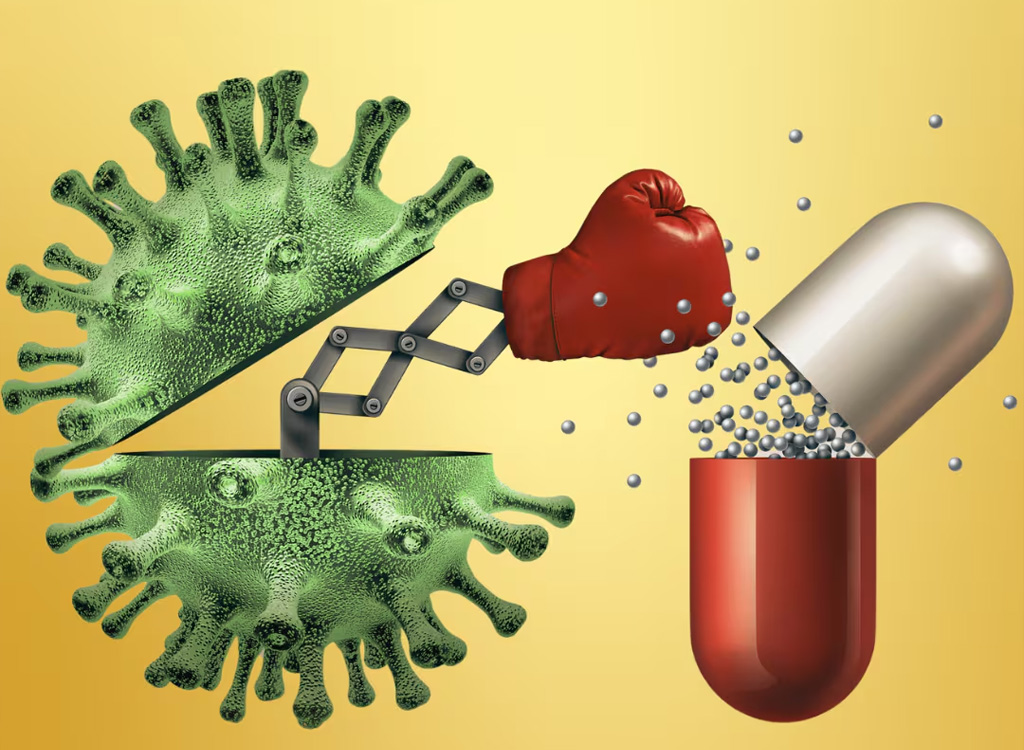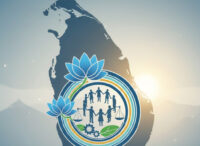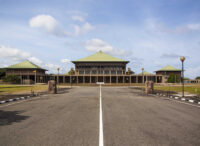Sri Lanka’s consumption of antimicrobial medicines is “significantly higher” than that of developed nations, driving a surge in antimicrobial resistance (AMR) that health authorities say is already threatening public safety.
The stark warning came from Dr. Priyantha Athapattu, Deputy Director-General (Laboratory Services) and Head of the National Focal Point for AMR, during the national ceremony marking World Antimicrobial Resistance Awareness Week (WAAW).
According to Dr. Athapattu, antimicrobial use in the private health sector is reported to be twice as high as in government facilities—an imbalance that he described as a key force behind escalating drug resistance.
The overuse and misuse of these medicines, he cautioned, increases disease severity, accelerates transmission, and raises mortality rates.
“AMR was estimated to have caused 1.27 million deaths in 2019 and was associated with 4.95 million that year,” Dr. Athapattu said.
Projections suggest the death toll could reach 10 million annually by 2050 if immediate action is not taken.
Sri Lanka is already seeing the consequences.
Surveillance data show a “high proportion” of pathogens in patients’ blood samples resistant to commonly used antimicrobial medicines.
These drug-resistant microbes can spread quickly among people and animals, with antimicrobials administered in both sectors eventually entering the environment, further driving resistance across ecosystems.
To combat the threat, Sri Lanka is rolling out its National Strategic Plan for Combating Antimicrobial Resistance, a multi-sector initiative involving the Ministry of Health, the Department of Animal Production and Health, the Ministry of Agriculture, NARA, and the Ministry of Environment.
However, officials stressed that policy alone will not solve the crisis—public behaviour must change.
“Antimicrobial drugs do not cure every infection, and they should be used only on the advice of a qualified doctor or veterinarian,” Dr. Athapattu emphasised, urging the public to avoid self-medication and refrain from using leftover antibiotics.
Strict adherence to prescribed treatment, he added, is essential to slowing the spread of resistance.
Good hygiene and sanitation practices remain powerful preventive tools, helping reduce infections and, in turn, the need for antimicrobial medicines.











Leave a comment